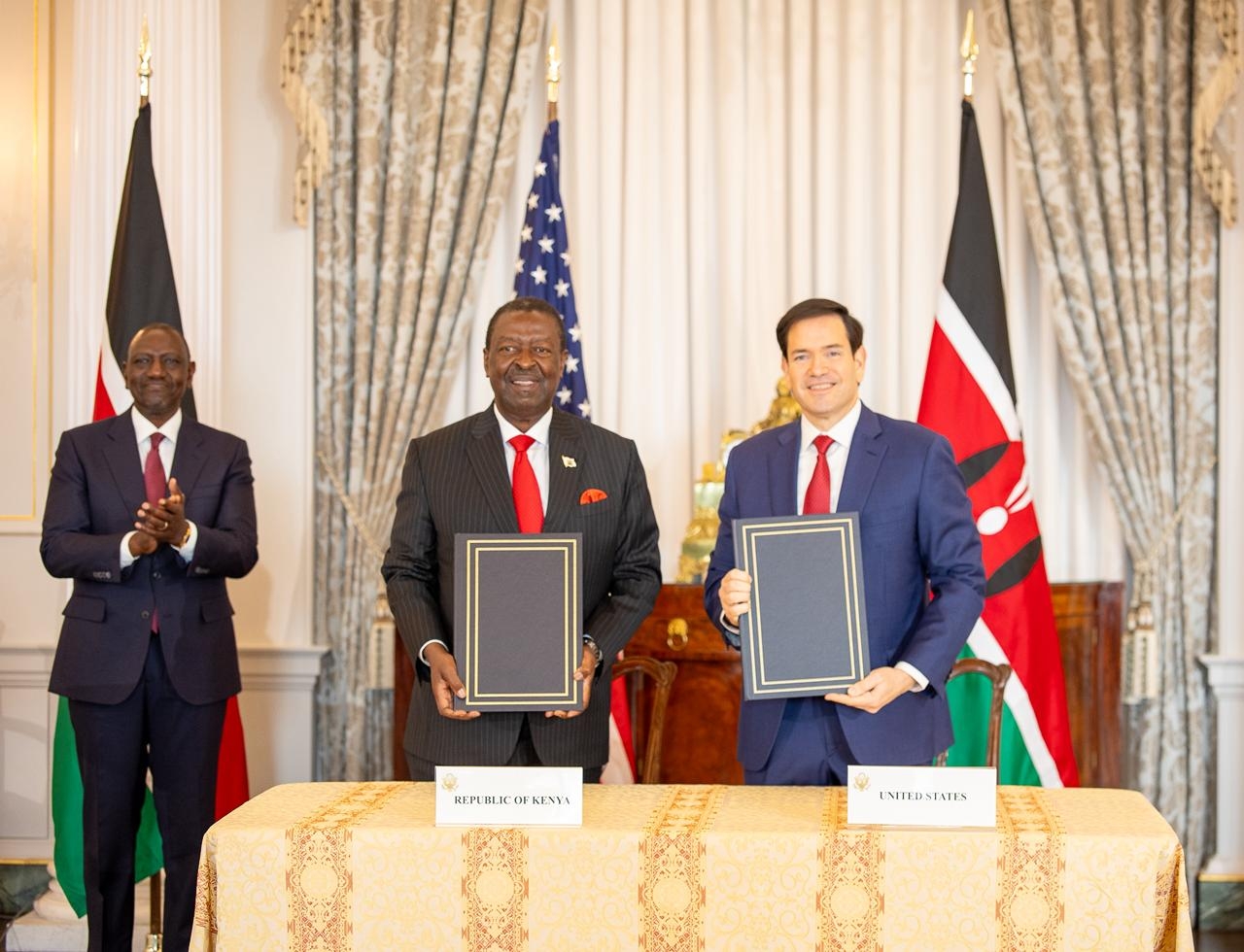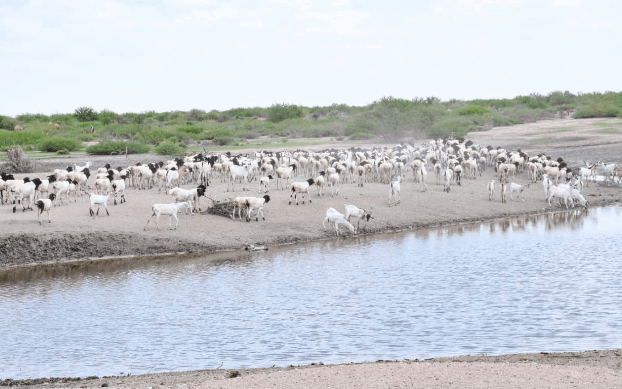President William Ruto on Monday assented into law the Division of Revenue Bill, 2024.
The bill will see counties get an enhanced equitable share of Sh400.1 billion.
This marks a Sh14.6 billion rise, representing a 23.48 per cent increase from constitutional minimum threshold of 15 per cent.
During the 2023-24 Financial Year, counties got Sh385.4 billion an equivalent to 23.03 percent of the last audited accounts.
The boost in funding is intended to enhance the provision of services by ensuring that the counties are adequately funded to perform their functions as espoused in the Fourth Schedule to the Constitution, Ruto said.
The bill also allocates Sh2.5 trillion to the national government for public service expenditures.
Additionally, it implements Article 204 of the Constitution concerning the Equalization Fund, with Sh7.8 billion set aside to improve basic services in marginalized areas.
The funds shall be utilised to provide services including water, roads, health facilities and electricity to the extent necessary to bring the quality of those services in those areas to the level generally enjoyed by the rest of the nation, so far as possible.
The enactment of the bill shall now pave for parliament to conclude on the county allocation of revenue bill, 2024 currently on the second reading in the Senate which divided the Sh400 billion revenue share among the 47 counties.
The Division of Revenue Bill, sponsored by National Assembly’s Budget Committee chairperson Ndindi Nyoro seeks to provide for the sharing of revenue raised nationally between the two levels of government for the Financial Year 2024-25 in line with Articles 202, 203, and 218 of the Constitution.
It was first introduced in the House on March 12 and passed on March 20 before being forwarded to the Senate.
During the signing ceremony at State House, Ruto emphasised his administration's dedication to fulfilling its agenda through the additional funding for both levels of government.
"It is anticipated that the funds allocated to both levels of government will enable them to plan, budget, and spend in areas of need, particularly to ensure that citizens receive services equally," he stated.
He highlighted that the increased allocations reflect the government's commitment to the Bottom-Up Transformation Agenda and the need to address service delivery disparities.
Following the enactment of this bill, the National Assembly will proceed to introduce and consider the Appropriation Bill, which will allocate funds for the national government, Parliament, and Judiciary.













